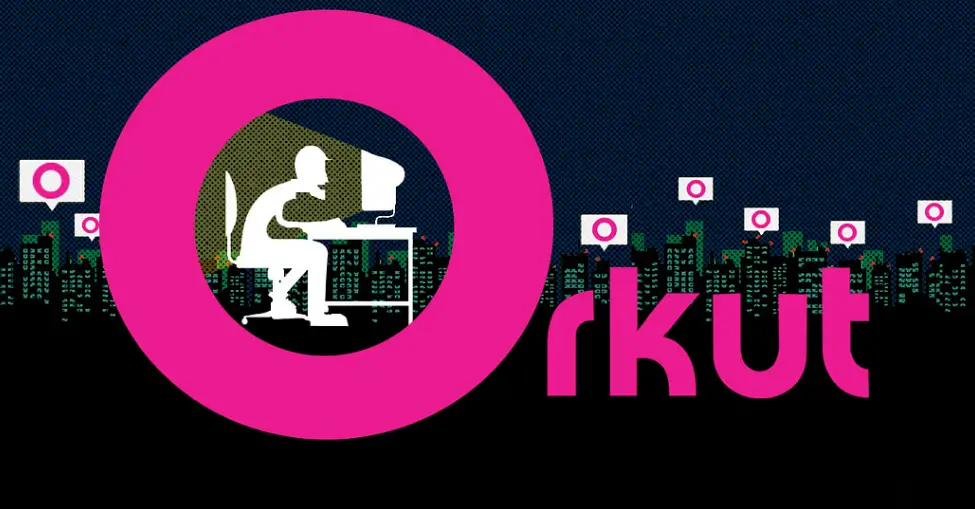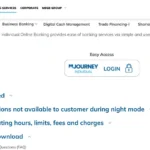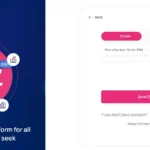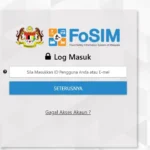To quickly access your Orkut and stay more time connected chatting with your friends, take some simple precautions, and get to know them.
Orkut is one of the most popular social networking sites in the world. It is a network affiliated with Google, created on January 24, 2004, by Orkut büyükkökten, to help its users know and maintain relationships with others. Initially, Orkut’s main target was the United States, but the big success was in Brazil and India. Because of this success, it made Orkut’s main headquarters in California, Brazil.
Orkut underwent several transformations until it reached what it is today; it is much more modern, practical and accessible. But to make it even faster, we’ll show you some tips on how to get into orkut quickly.
Save password
There are many ways to make your entry into Orkut faster, the first of which is to save your email and password on your computer, every time you enter; you will not need to enter your password and email again, as you will enter automatically without the need to type.
Never save your password on computers that more than one person has access to, especially in lan houses; keep it on personal computers that you know no one else will access.
Computer cleaning
The whole computer accumulates files we don’t use most of the time. The problem is that it can compromise the areas on your computer and your internet access when it gets a lot. Consequently, your Orkut will be slower.
Read More: https://logintutor.org/orkut-login-from-another-site/
Browser
Know that a good browser helps you to enter Orkut faster, so choose a good one. It is essential to keep it up to date; most popular browsers such as Internet Explorer, Firefox and Google Chrome offer automatic updates.
Open tabs and windows
If you are one of those who love to leave a lot of windows and browser tabs open, be careful because the more things you open, the more your internet connection is compromised, and the more memory on your computer is used. Pay attention to this so that your entry on Orkut Brazil is as fast as possible.
With simple precautions, you can speed up your entry into Orkut, but be careful because if none of this works, seek the guidance of a professional, as only he will know how to indicate the best methods to take.
The rise of social networking sites has been one of the defining trends of the internet age. And Orkut emerged as one of the first mainstream social platforms that attracted millions globally in the 2000s decade. At its peak, Orkut commanded massive popularity especially in countries like Brazil and India.
The Origins of Orkut
Orkut was created by Orkut Büyükkökten, a Turkish software engineer, who developed it as an independent project while working at Google. The site was named after its founder and officially launched on January 24, 2004.
Google noticed Orkut’s promising growth initially among early adopters. By July 2004, seeing its viral traction, Google decided to acquire and manage Orkut. This move signaled the internet giant’s early intent to enter the social media space that later manifested more successful products like Google+ and YouTube.
Rise of Orkut as a Global Phenomenon
As Google began investing in product development post-acquisition, new features were rolled out regularly on Orkut. Key additions included support for multiple languages, messaging capabilities, networking tools and media sharing.
Such enhancements coupled with Google’s global reach saw Orkut usage explode internationally. By 2008, it had become the most popular social network in countries like India and Brazil. People proudly flaunted their association with Orkut communities and fan groups. Millions connected with old and new friends effortlessly.
The Fall of Orkut
However, despite early successes, Orkut started losing steam by the turn of the decade in 2010. Several factors contributed to its downfall eventually:
Stiff Competition
The social media industry saw intense competition with aggressive players entering the fray. Facebook rapidly eroded Orkut’s market share while local startups began thriving as national alternatives like Mig33 in Asia.
Shift in User Preferences
Younger internet audiences preferred increased privacy controls and closed-network interactions a la Facebook. Orkut’s open structure couldn’t adapt adequately to these changing expectations. Photo/video sharing also wasn’t seamless enough.
Substandard User Experience
Complaints around spamming, flaky performance and inferior apps couldn’t justify an engaging enough experience. Bugs and issues kept growing given diffused engineering focus within Google.
By 2014, Orkut drooped to just 3 million plus monthly visitors globally. And Google finally pulled the plug that June, marking the end of a pioneering social product. Founder Orkut moved on to his next venture – an eventual return to his roots with Orkut Fun.
Why Orkut Still Matters
While not an active service anymore, reminiscing about Orkut evokes a nostalgic joy for an entire generation. For millions, it shaped early social discovery providing a passport to explore identity, bonds and passions. Key lessons around customization, vernacular interfaces and trust-building continue informing modern community platforms.
Sure Facebook conquered the space at scale and the future is mobile-social with apps like Instagram or Snapchat. But Orkut will always be remembered as the friendly network that helped strangers become friends across borders at a nascent web age. Its legacy survives in the human connections it helped seed across the globe.
The Next Chapter – Orkut Fun
It seems the Orkut story hasn’t conclusively ended just yet. Given his emotional attachment and belief in this domain, founder Orkut relaunched a newer service called ‘Orkut Fun’ in November 2022. Early reports suggest it has garnered over a hundred thousand users already in Brazil.
While times have vastly changed, the new app attempts recreating the signature elements – user profiles, friend finding tools, groups plus messaging – with modern twists. Leveraging insights from previous failures around safety and engagement, Orkut hopes to appeal to older fans along with newer users.
Only time will tell whether his second-coming script tastes sweeter success in an overcrowded social world. But for now, users have a refreshed platform to reconnect with their nostalgic Orkut days going back decades!
The social media revolution has largely centered around western ecosystems like Facebook or Snapchat. In that context, the all-encompassing embrace enjoyed briefly by home-grown Orkut holds valuable memories as a pioneer. Perhaps we are witnessing glimpses of that history frame itself again for the mobile age. Millions will be excitedly watching!
Orkut: conclusion
In the fast-evolving world of social media, early trends can sometimes fade as rapidly as they emerge initially. But despite its eventual decline in popularity, Orkut’s imprint on shaping early social networking has been profound. For an entire generation, it tenaciously championed user expression, passions and free-flowing profiles.
Its legacy continues informing us how modern community identity is structured online – customizable, interactive, multilingual. Additionally, it paved the way for technology giants like Google to eventually crack social media engagement at scale with successors like YouTube.
So while they lasted, the golden Orkut days will fondly be cherished as an original cultural artifact that connected strangers across continents, helping them discover new friendships and bonds. As founder Orkut now seeks reinventing his namesake creation for contemporary audiences, the platform’s future arc continues underscoring the cyclic nature of internet fame. And for scores of fans, the Orkut brand shall permanently hold special nostalgic value in the annals of early internet memory.
































